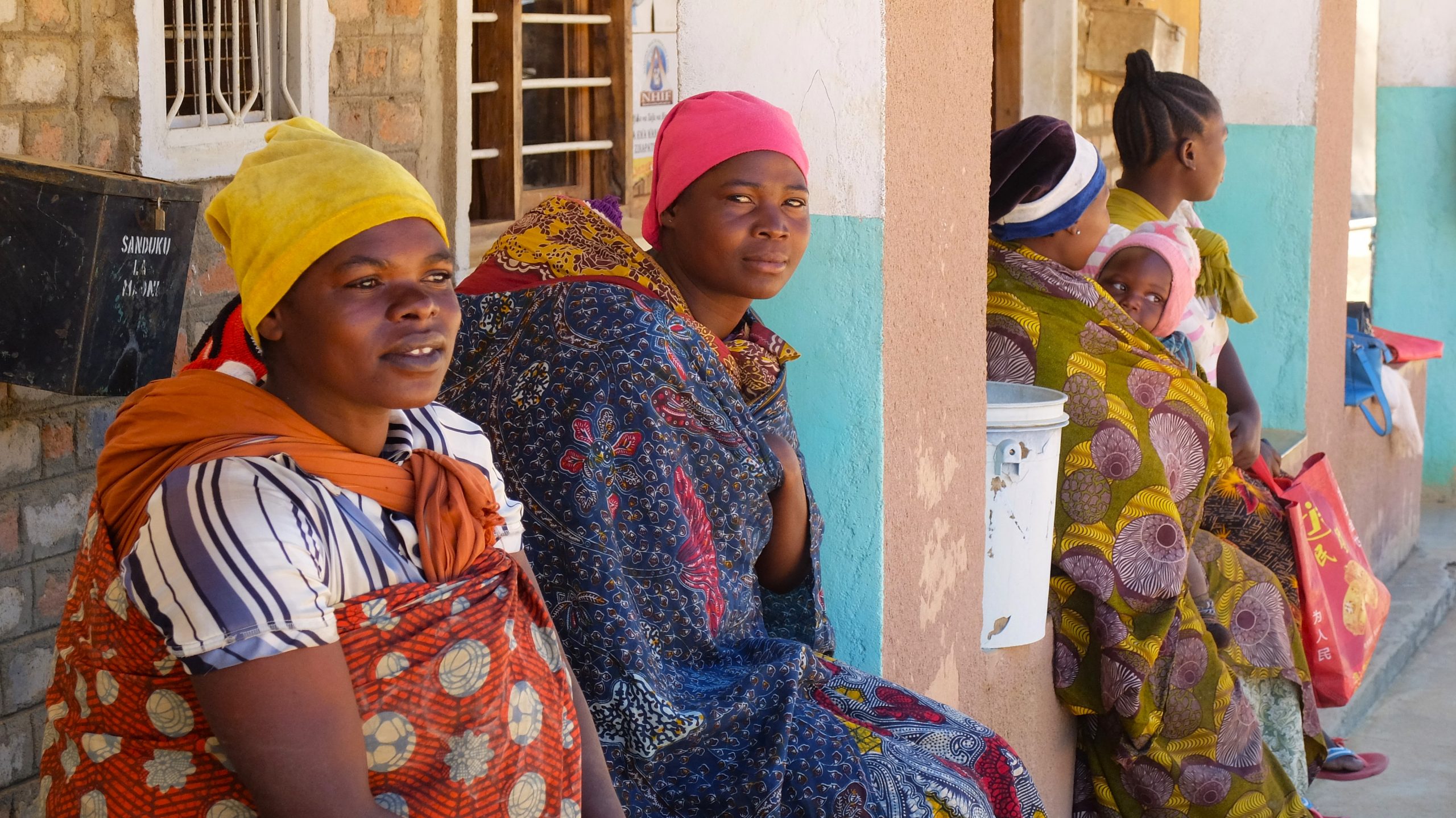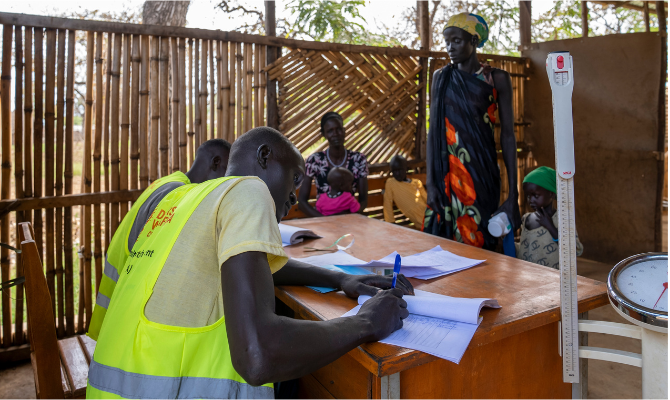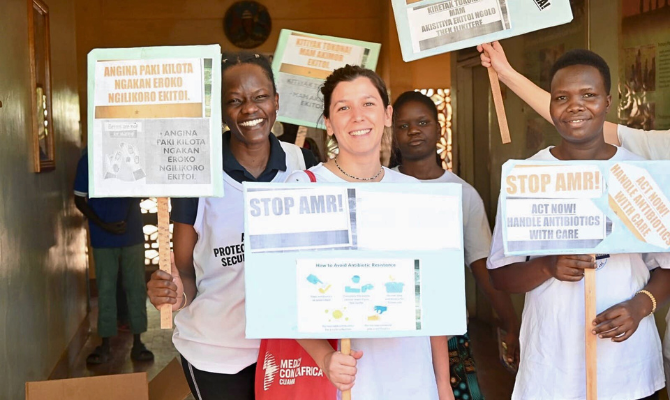Household air pollution (HAP) resulting mainly from biomass fuels used in cooking is linked to negative health impacts and premature death, affecting nearly half of the global population-especially in low-income, resource-limited communities.
The World Health Organization (WHO) identified HAP as a major environmental health risk, responsible for 7.7% of global deaths in 2016. Women and children in these communities are the most affected, accounting for 60% of all HAP-related deaths.
Currently, 970 million people in Africa lack access to sustainable cooking solutions, and Angola mirrors this challenge, with only 50% of the population having access to clean cooking. In Uíge Province, this rate drops to 25%, and the continued reliance on wood and charcoal for cooking exacerbates deforestation, pollution, and health risks. Ensuring access to clean cooking in sub-Saharan Africa by transitioning from traditional to improved cookstoves (ICS) is also recognized as a key step towards SDGs, including those related to:
- environmental sustainability (13),
- sustainable cities and communities (11),
- clean energy (7),
- gender equality (5),
- poverty reduction (1),
- health (3).
Through the distribution of ICS units, the project aims to integrating health and nutrition promotion activities, and strengthen the local health system. Furthermore, the adoption of improved cooking methods will generate high-quality carbon credits in compliance with the Gold Standard for voluntary carbon offset projects contributing to Eni’s decarbonization goals of achieving net-zero carbon emissions by 2050.

To address the issue the Clean Cooking project implemented in in collaboration with the Salesians of Don Bosco, Eni and the Government of Angola promotes sustainable cooking in rural and peri-urban areas of Uige province, northern Angola, by replacing traditional stoves with improved cookstoves (ICS). The project, launched in April 2024, aims to distribute 200.000 ICS units in the target areas by 2028, reaching approximately 1 million people. The project also integrates health and behavioral change interventions, enhancing its overall impact and sustainability.
The health component aims to raise awareness about basic nutrition and hygiene and is being implemented across 16 municipalities in Uíge province. Simultaneously, a Social and Behavior Change (SBC) strategy using the “Familia Modelo” methodology is being employed to improve domestic hygiene behaviors and reduce the prevalence of malnutrition, malaria and infectious diseases at the household level. Trained Community Health Workers (CHWs) are in charge of engaging families in behavior promotion and assist them in building practical hygiene devices. The intervention targets 3 selected municipalities namely Damba Quitexe and Songo through training, community engagement, baseline data collection, monthly behavior promotion, and quarterly monitoring.
Furthermore, the project’s strategy also entails a “Health Plus” component. Its main goal is to promote safer, healthier cooking methods through the distribution of improved cook stoves, while addressing community awareness, health worker skill development, and access to health services. The component focuses on managing malnutrition through prevention, community screening, and care for Moderate and Severe Acute Malnutrition (MAM and SAM), aiming to reduce Global Acute Malnutrition (GAM) in the region.
To strengthen the provision of healthcare services to the population and ensure adeguate support throughout the level of care, Therapeutic Program for Patients with Malnutrition in the Outpatient Clinic (PTPAs) are planned to be established in health centers for the treatment of Moderate Acute Malnutrition (MAM) and Severe Acute Malnutrition (SAM) without complications, while health staff will be trained on proper screening and referral protocols. Simultaneously, Special Nutrition Units (UENs) will be set up in three hospitals to manage complicated SAM, supported by child-friendly spaces and open kitchens for nutrition education. The project also supports local authorities through training and joint health facility supervision. The goal is to build local capacity for sustainable malnutrition treatment and prevention.





